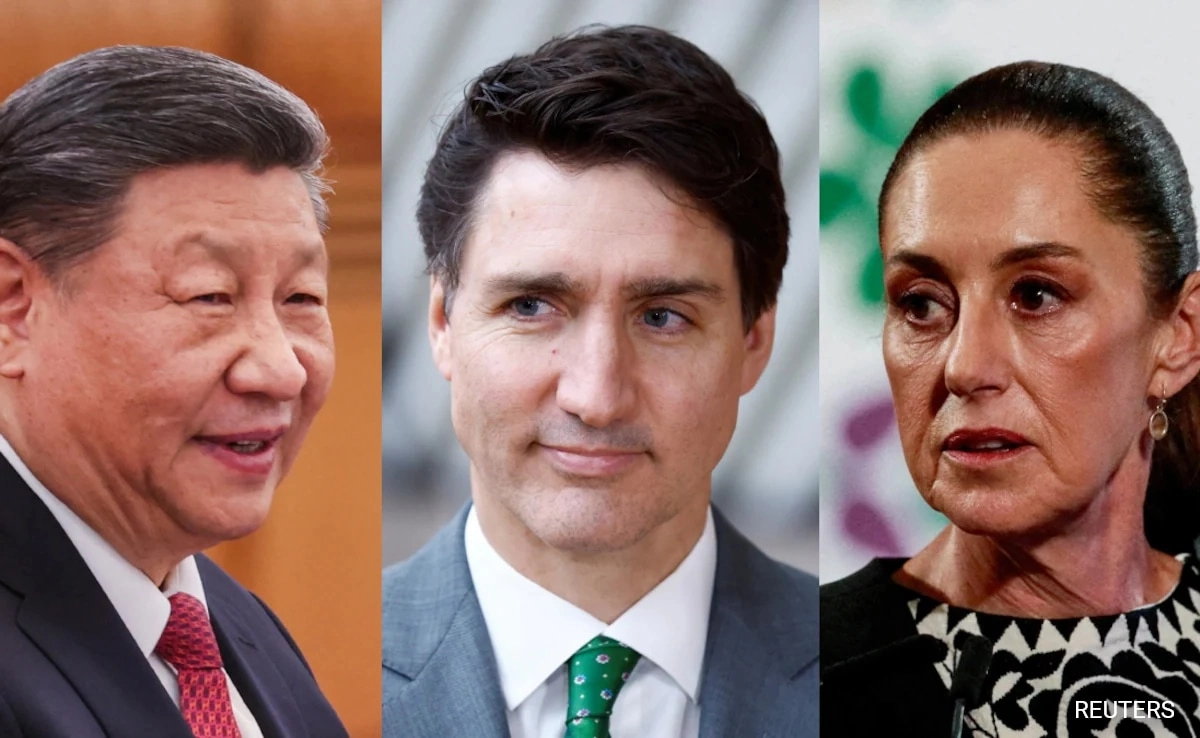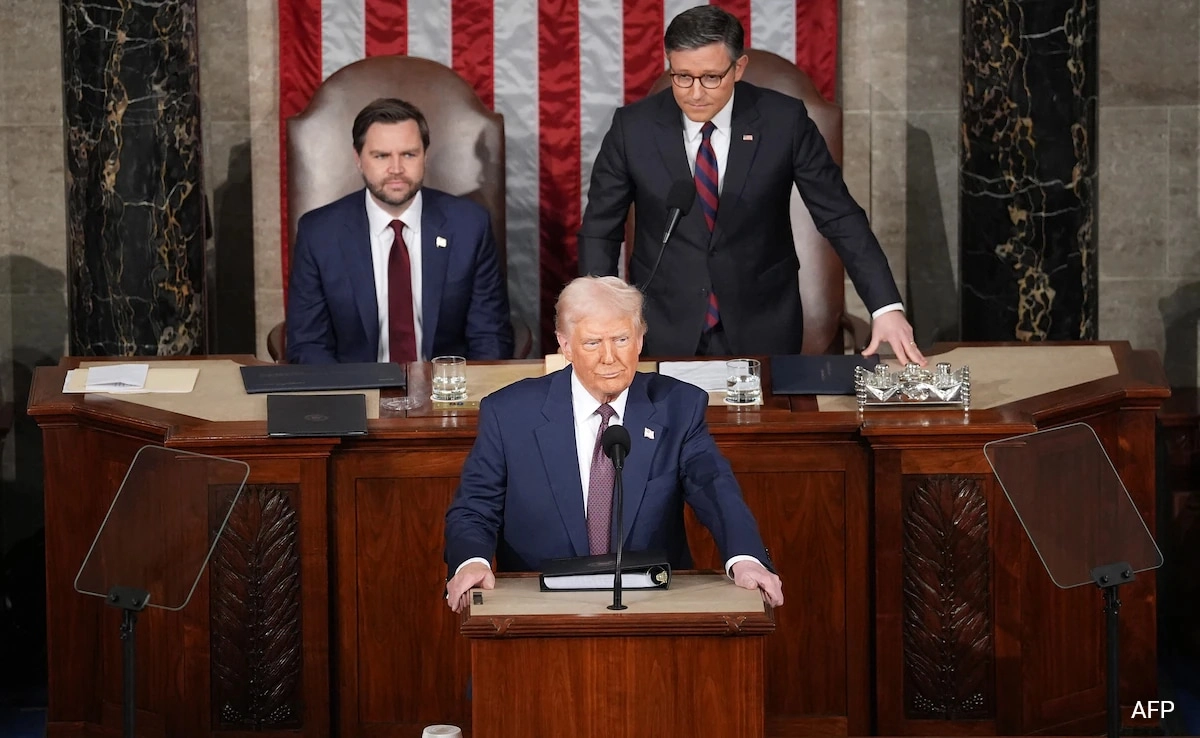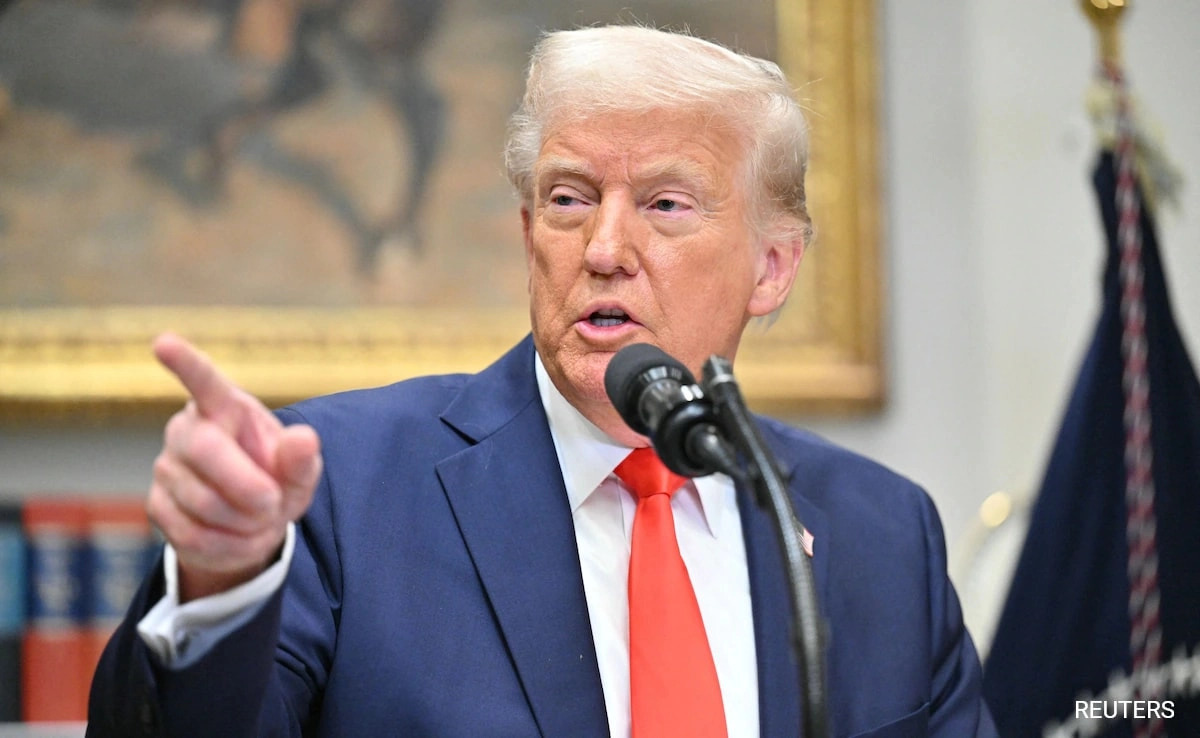In response to Donald Trump’s tariffs, which were implemented to protect American industries, China, Canada, and Mexico have formulated strategies to retaliate effectively. Each country has identified key sectors that will be targeted to minimize the impact of these tariffs on their economies while also sending a strong message to the United States.
China, for instance, has announced plans to impose tariffs on various American goods, including agricultural products and automobiles, aiming to hit industries that are crucial to Trump’s political base. This retaliatory measure is designed to pressure the U.S. administration into reconsidering its tariff policies.
Similarly, Canada has vowed to respond with its own tariffs on U.S. goods, particularly targeting products such as steel and aluminum, which are significant to the Canadian economy. The Canadian government is also exploring legal avenues under trade agreements to challenge the tariffs imposed by the U.S.
Mexico, too, has expressed its intent to retaliate by imposing tariffs on American exports, focusing on goods like pork and cheese, which could hit American farmers hard. The Mexican government is determined to protect its economic interests while maintaining a strong stance against what it perceives as unfair trade practices.
Overall, these countries are united in their resolve to counteract the tariffs, using a combination of economic strategies and diplomatic pressure to seek a resolution that benefits all parties involved. The situation highlights the complexities of international trade relations and the potential for escalating tensions in the global market.




